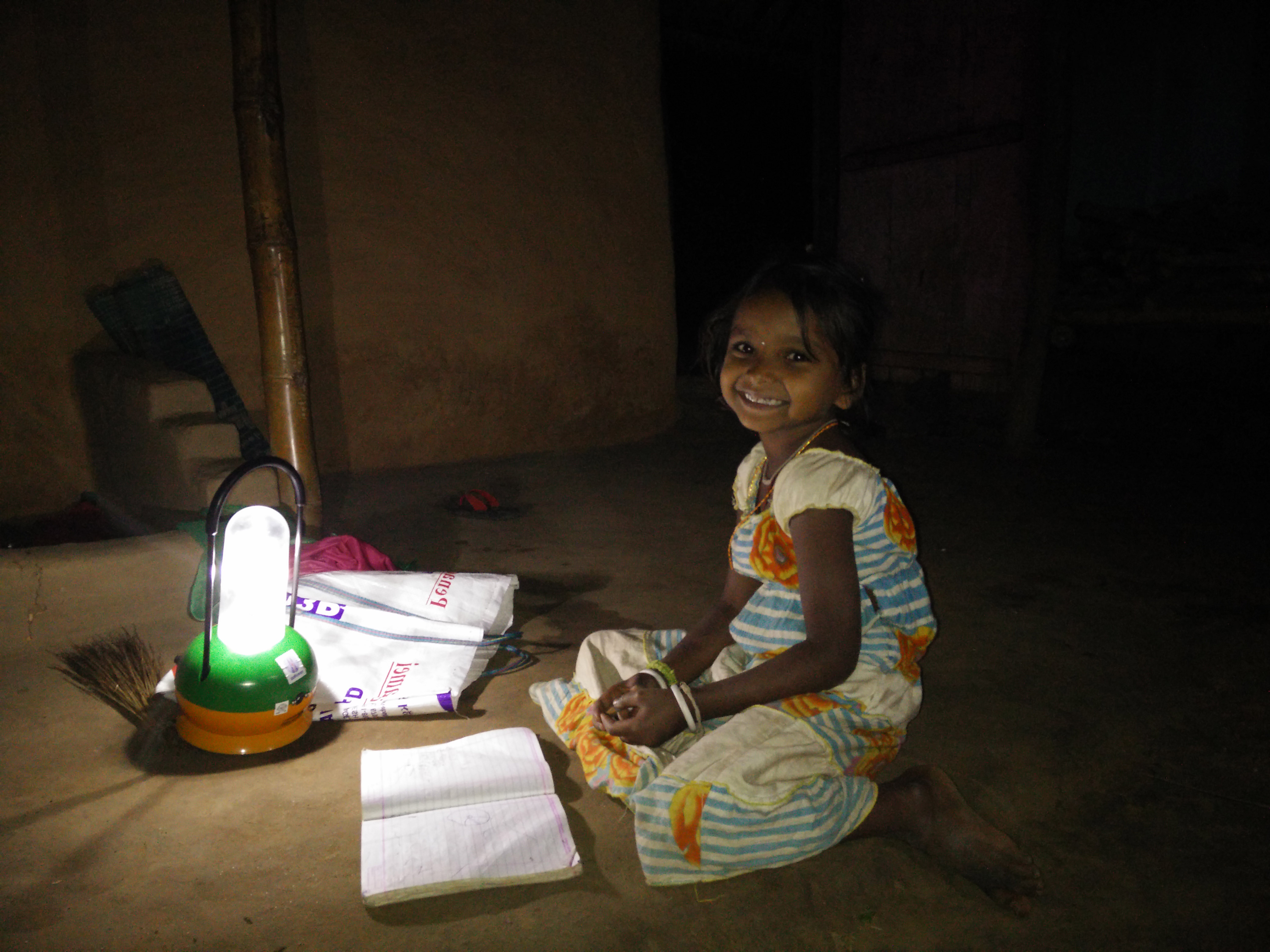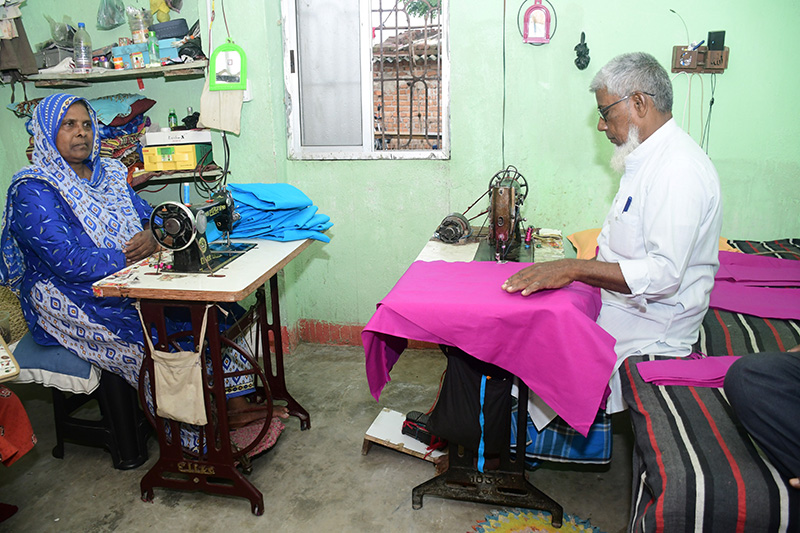NGT seeks report on pollution from coal-based rotary kilns in steel production
August 21, 2025 |
August 21, 2025
Down to Earth
Petitioner argues for a shift to clean fuels like hydrogen or natural gas. In support of the petition, reference was made to several expert studies. A report by The Energy and Resources Institute, Financing Decarbonization of the Secondary Steel Sector in India: Towards an Enabling Environment, was cited to show pathways for reducing carbon emissions. The report proposes replacing obsolete technologies with modern, cost-effective options such as DRI, Electric Arc Furnaces (EAF), Induction Furnaces (IF) and re-rolling mills.
Union Budget 2024: What are the new initiatives in energy security?
July 23, 2024 |
July 23, 2024
The Week
There are a few new initiatives in the energy sector in the union budget 2024. Except for the announcement to set up a Critical Mineral Mission for domestic production, recycling of critical minerals, and overseas acquisition of critical mineral assets, the budget provisions in the energy sector are strengthening existing schemes.
Will Gaza jeopardise India's energy resilience?
November 1, 2023
| Dr Saswata Chaudhury and Dr Sanchit Saran Agarwal
| 360info.org
Given all the challenges, short- or medium-term geopolitical disturbance like Gaza would not be expected to influence the momentum to India's energy transition but India will definitely follow its own decarbonisation pathway, write Dr Saswata Chaudhury, Senior Fellow & AC, and Dr Sanchit Saran Agarwal, Associate Fellow, Energy Assessment & Modelling Division, TERI.
India needs to develop vibrant low carbon manufacturing industry
August 5, 2023 |
August 5, 2023
Mint
As India has set ambitious net-zero and energy transition goals, which is directly linked to sustainable development goals it will have to develop a vibrant low carbon manufacturing industry says Dr Vibha Dhawan, Director General, The Energy and Resources Institute.
Aiming for a greener future, Tata Power Delhi Distribution Organized its First Ever Urja Arpan Conclave
April 25, 2023 |
June 14, 2023
The Week
Tata Power-DDL is working closely with global NGOs, premier academic institutions, and customers to create behavioural change among society at large, especially the youth, and is supported by The Energy and Resources Institute (TERI) as Knowledge Partner.
India explores power links with Saudi Arabia, UAE
April 24, 2023 |
June 14, 2023
Mint
India would assess multiple power transmission corridors and select the most feasible routes for the global grid connectivity project says Mr A K Saxena, Senior Fellow & Senior Director, Electricity & Fuels Division, The Energy and Resources Institute (TERI).








